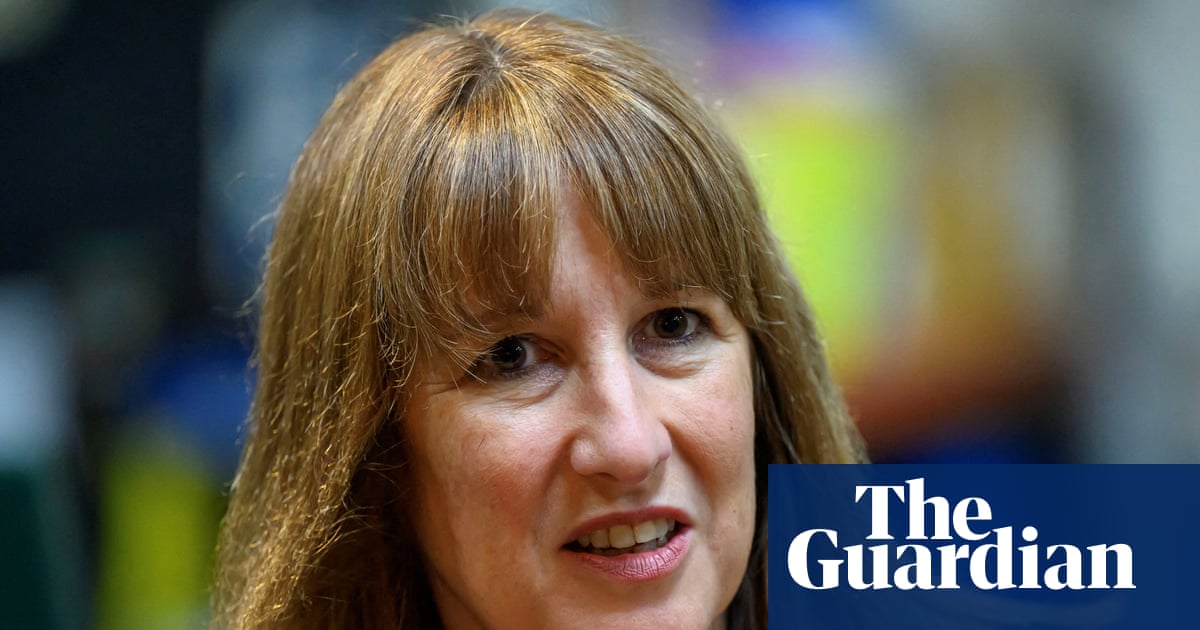Fashion designer Marc Jacobs may have more than 2.2 million followers on his personal Instagram account, but he wasn’t always a fan of the social media app.
“For someone who was so anti-Instagram in the very, very beginning, I really…

Fashion designer Marc Jacobs may have more than 2.2 million followers on his personal Instagram account, but he wasn’t always a fan of the social media app.
“For someone who was so anti-Instagram in the very, very beginning, I really…
This request seems a bit unusual, so we need to confirm that you’re human. Please press and hold the button until it turns completely green. Thank you for your cooperation!

New study shows that just 30 minutes of less sitting each day can improve the body’s ability to utilize fats and carbohydrates for energy production. Reducing sedentary behavior can be particularly beneficial for people who are…

Meghan, Duchess of Sussex, once taught gift wrapping at Paper Source while auditioning as an actress. The American-born former actress, who played Rachel Zane on legal drama Suits, said at Fortune’s Most Powerful Women Conference in Washington,…
Note to reporters: An embargoed video explaining the research is available for preview at https://youtu.be/E5hDhWSmeoY. The mother featured in the video is available for media interviews.
Hearing the…

More than a million people around the world rely on cochlear implants (CIs) to hear. CI effectiveness is generally evaluated through speech recognition tests, and despite how widespread they are, CI sound quality is typically not…

Consumers in the UK are expected to suffer the highest inflation in the G7 group of leading economies this year and next, the International Monetary Fund has warned.
As policymakers gathered in Washington for its annual meetings, the IMF said prices would rise in Britain at a faster pace in 2025 and 2026 than it had originally forecast at its last update in July.
According to the fund’s latest World Economic Outlook (WEO), published on Tuesday, UK inflation is on course to average 3.4% this year, up from its previous estimate of 3.2%, and then slow slightly to 2.5% next year, up from its old prediction of 2.3%.
As Rachel Reeves prepares to fly into the US capital in the run-up to her crunch budget next month, the IMF’s experts cited “sticky” inflation as one reason yields, or interest rates, on UK government bonds have been rising.
The chancellor intends to use tax rises and spending cuts in the budget to build up a larger financial buffer against her fiscal rules, in part to insulate the government from bond market instability.
Asked about market pressures on the UK at a press conference in Washington, the IMF’s deputy director for monetary and capital markets, Athanasios Vamvakidis, said: “Clearly markets are concerned about the UK economy, and we have seen more volatility in the UK compared to other advanced economies.”
Pointing to above-target inflation and weak productivity, he added: “The market is asking for more details on the fiscal plans in the UK: so yields, as a result, are higher in the UK compared to other advanced economies.”
The IMF modestly increased its forecast for economic growth in the UK for this year, from 1.2% to 1.3%, and slightly downgraded it for 2026, also to 1.3%, amid concerns over the labour market.
Over the year as a whole, the economic body expects the UK to be the second fastest-growing economy in the G7, behind a 2% expansion of gross domestic product (GDP) in the US.
The IMF’s chief economist, Pierre-Olivier Gourinchas, said many of the drivers of UK inflation were “temporary factors,” such as water bills and rail price rises.
“So we expect this will moderate going forward but there are risks,” he said, citing higher than expected wage growth, and households and companies becoming less certain that inflation will come down.
“The path forward for the Bank of England should be very cautious in its easing trajectory and make sure that inflation is on the right track,” Gourinchas added, implying that policymakers should not cut interest rates too quickly.
The WEO figures highlight the challenge the Bank’s nine-member monetary policy committee faces in getting headline inflation back to its 2% target. According to the latest official figures, UK consumer price index inflation was 3.8% in August, and in September the Bank forecast CPI would peak that month at 4%.
after newsletter promotion
The IMF also upgraded its forecast for global GDP growth this year to 3.2%, from 3% at its July forecast. It said the world economy has shown “unexpected resilience” in the face of Donald Trump’s tariffs, but the full impact was yet to be felt and the outlook remains “dim”.
It said the tariffs imposed were less extreme than initially feared after Trump’s “liberation day” announcements in April and their impact masked by households and companies bringing forward consumption to beat their introduction.
However, the report pointed to a series of concerns about the global outlook, including the risk to US growth from Washington’s immigration crackdown; “stretched valuations” in stock markets; and the fact the full effects of the tariffs are only now beginning to show.
Echoing a speech by the IMF managing director, Kristalina Georgieva, last week, the WEO report warned of the risks of a “correction,” in share prices – and a downturn investment – if markets reassess the likely gains from generative AI.
The fund made a similar warning in its global financial stability report, arguing that US stock markets, which have rallied during the artificial intelligence boom, are “complacent” about the risk of a “sudden, sharp correction”.
Responding to the improved forecast for UK growth this year, the chancellor, Reeves, said: “This is the second consecutive upgrade to this year’s growth forecast from the IMF. It’s no surprise, Britain led the G7 in growth in the first half of this year, and average disposable income is up £800 since the election.”

A new research paper was published in Volume 17, Issue 9 of Aging-US on August 30, 2025, titled, “Glycocalyx-targeted therapy prevents age-related muscle loss and declines in maximal exercise capacity.”
In this study, led by…

In British Columbia’s Lower Mainland, 90% of people have detectable antibodies against measles, indicating high vaccine coverage and population protection, according to a new study published in CMAJ (Canadian Medical Association…